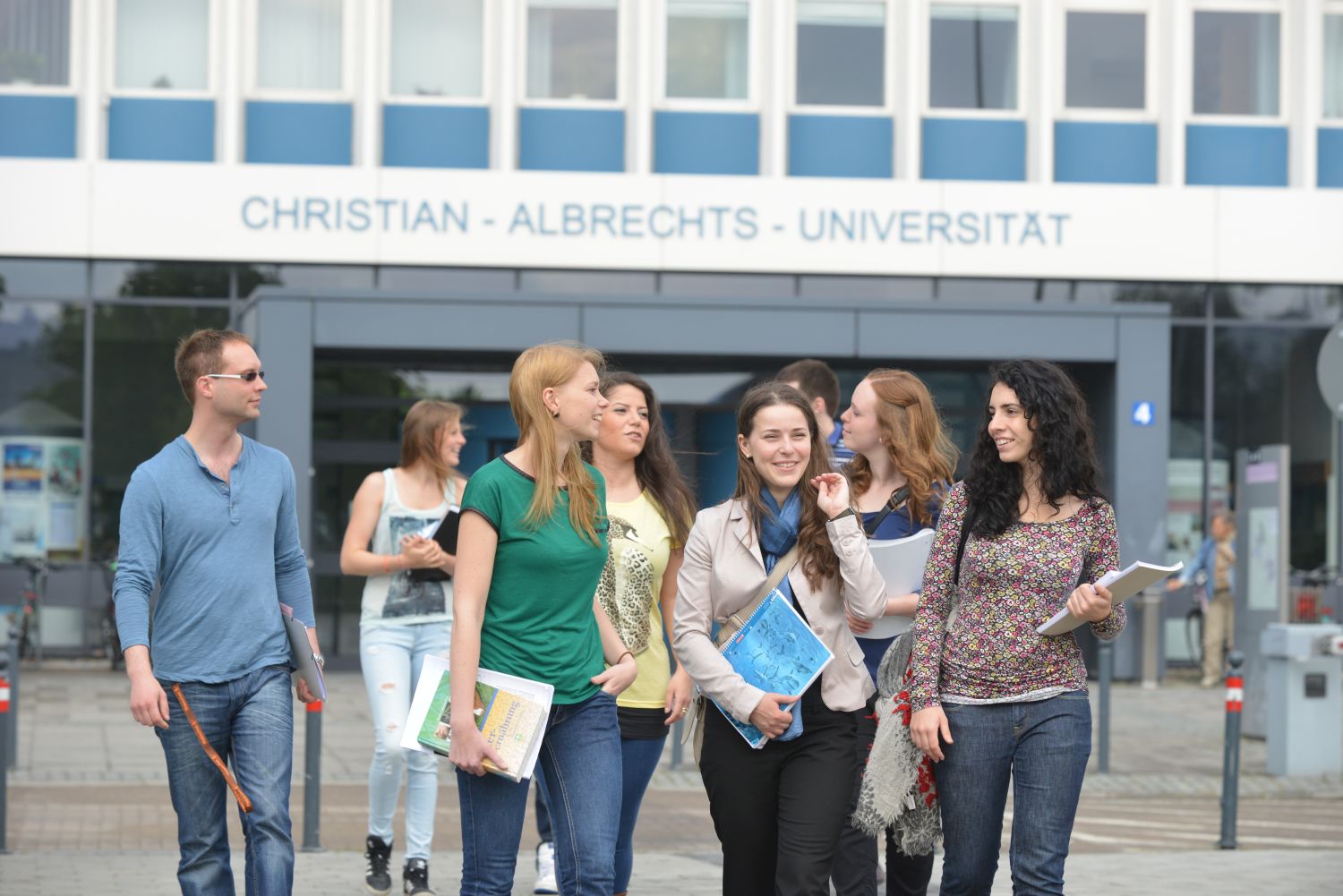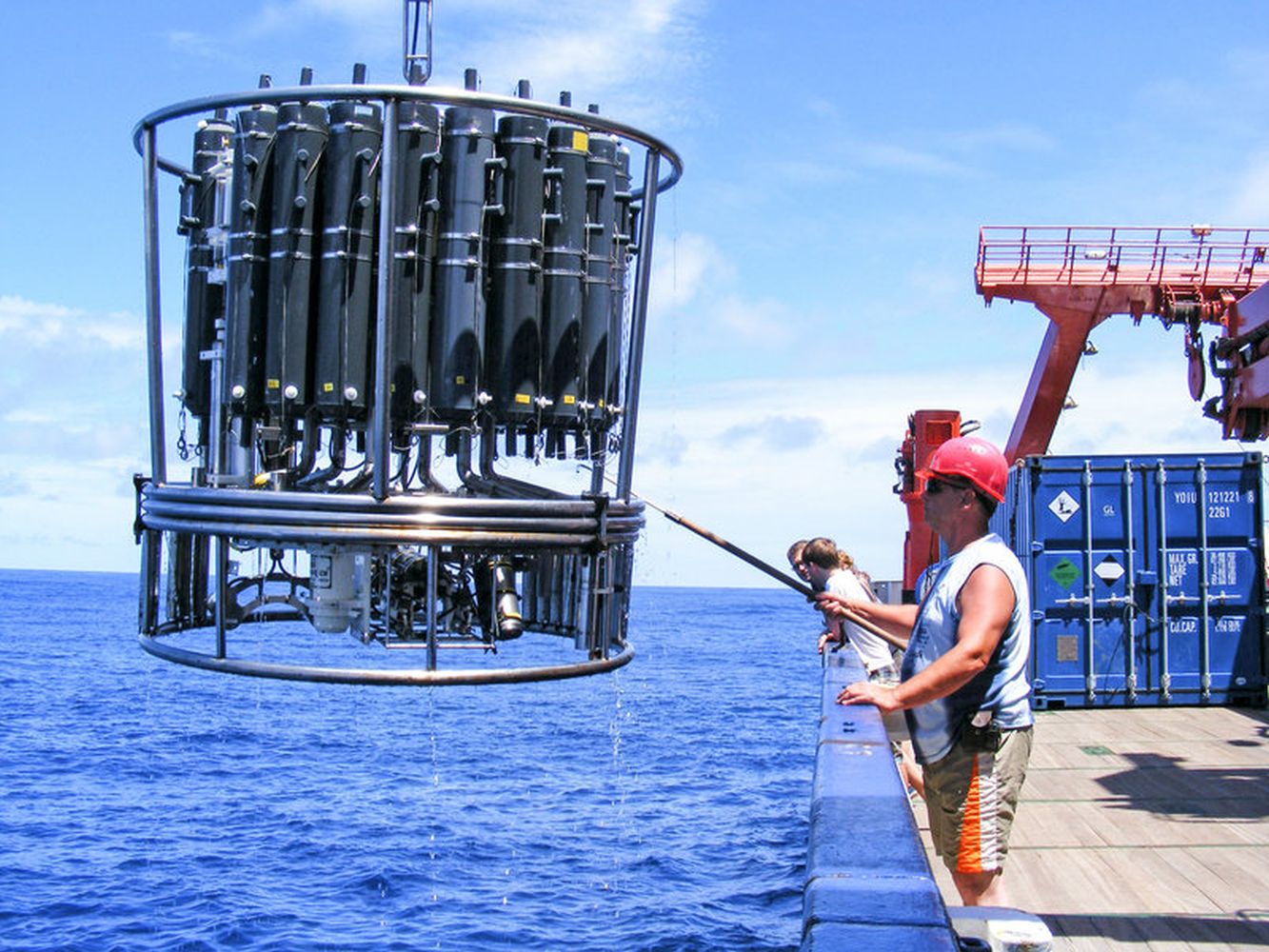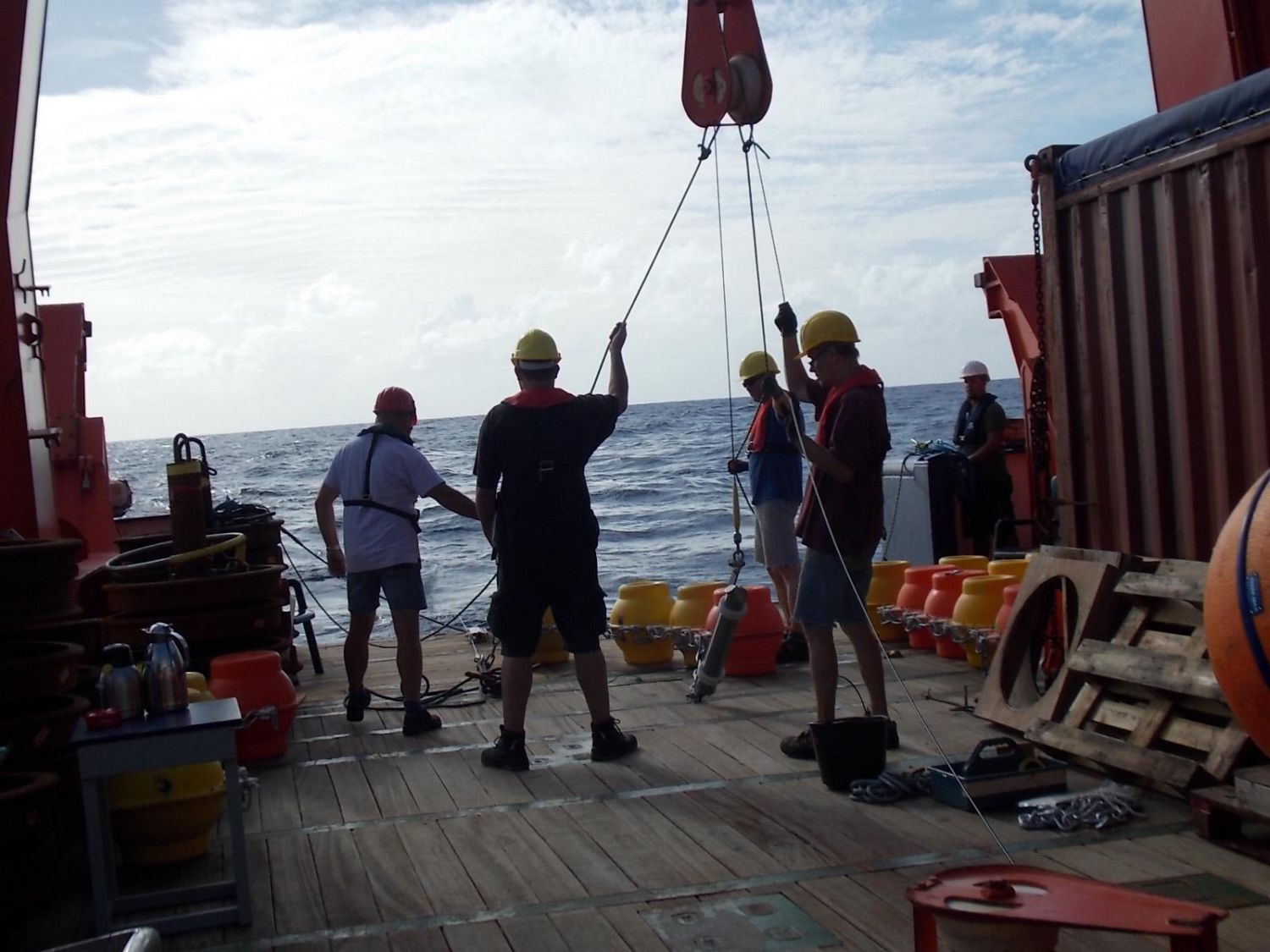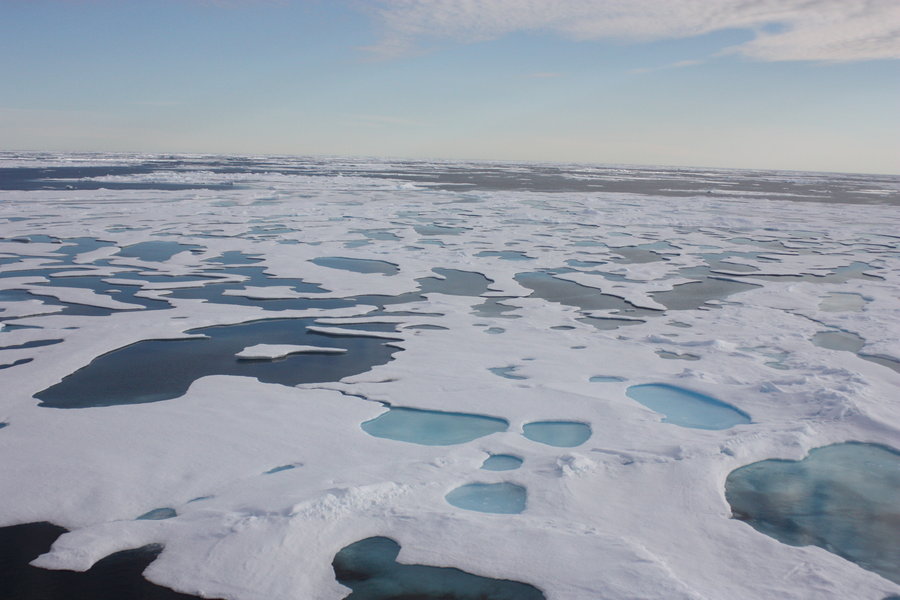Kiel University is one of 15 German universities that are participating in the programme. "We are delighted about this great honour! It shows that with our overall concept, of a more interdisciplinary orientation in research and teaching, we are perceived well in the European context," said Professor Karin Schwarz, CAU Vice President of Research, about the success. "As a European University, we do not only strengthen our international university partnerships, but also make a contribution towards strengthening the European identity amongst students and staff members," added Professor Anja Pistor-Hatam, Vice President responsible for internationalisation and studies at the CAU.
Studying throughout Europe without restrictions. Despite the Bologna reforms, this is still only possible to a limited extent. Too often, different examination regulations, language barriers, or different semester times prevent students from completing part of their studies at universities in neighbouring European countries. "With our concept of the European University of the Seas, we want to change that now, and harmonise marine science courses and internships at all partner universities, so that credits earned abroad can be transferred to and appropriately recognised at the respective home university," said Dr Nina Keul from the Institute of Geosciences, who played a major role in conceptualising the SEA-EU application for Kiel University. "Social challenges such as climate change or the use of resources from the sea, can only be solved with concepts that take multiple disciplines into account, and consider cultural differences," continued Nina Keul.
The European University of the Seas (SEA-EU) offers the ideal platform for this. It will connect six universities in coastal cities with a long historical, cultural and economic tradition related to the sea, and also geographically include all European seas. The participating institutions are set up on a multidisciplinary basis, and pursue innovation strategies, in which sustainability concepts play an essential role. Similarly, conveying knowledge of the marine environment, marine resources and the sustainable protection and use of the oceans is a central concern of the consortium.
"The success in the first application round is therefore particularly also special recognition of our interdisciplinary orientation in the Kiel marine sciences, and of the international partnerships we have built up with our partner institutes in recent years, also in the framework of the Cluster of Excellence 'Future Ocean'," said Professor Ralph Schneider, director of the marine sciences priority research area Kiel Marine Science (KMS). The detailed structuring of the concept should already begin by the end of this year. Until the first students can take advantage of the new offers within the framework of their studies, exchanges should be organised via summer schools in the marine sciences.
Background information
European Universities are transnational alliances of higher education institutions from the entire EU, which pursue a long-term strategy and promote European values and identities. The ERASMUS+ initiative aims to increase the mobility of students and academic staff, and improve the quality, inclusion and competitiveness of European higher education.
More information
European University of the Seas (SEA-EU)
The "European University of the Seas (SEA-EU)" development is primarily led by the priority research area Kiel Marine Science (KMS) at Kiel University. Kiel Marine Science (KMS) coordinates and supports the cross-faculty and interdisciplinary investigation of marine sciences topics. The marine priority research area combines the scientific activities of seven faculties and 39 groups of researchers from the fields of natural sciences, social sciences, law and economics. The scientists assist in understanding the processes in the ocean in the past, present and future, and contribute to the development of strategies for the sustainable use of the ocean. www.kms.uni-kiel.de.
www.kms.uni-kiel.de
Contact:
Dr. Nina Keul
Institute of Geosciences, CAU
Phone: +49 431 880 3253
nina.keul@ifg.uni-kiel.de
Prof. Ralph Schneider
Institute of Geosciences, CAU
ralph.schneider@ifg.uni-kiel.de
…



